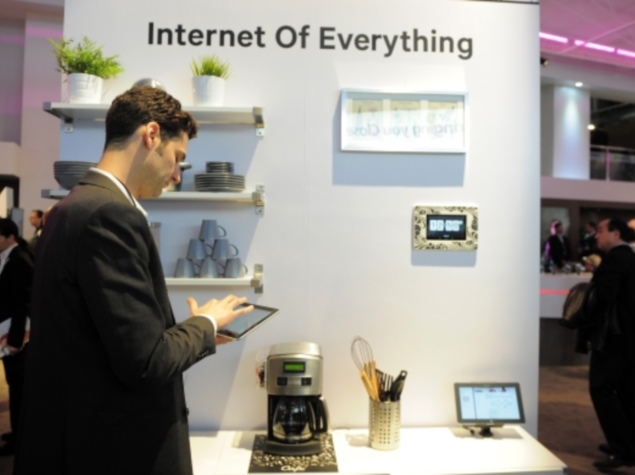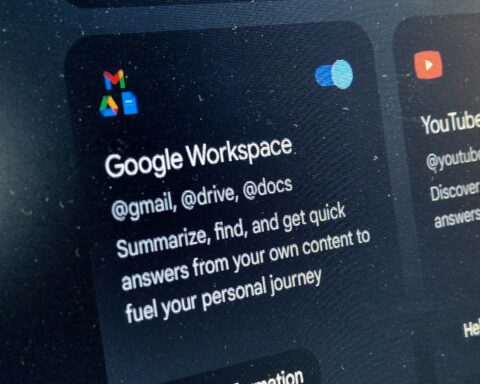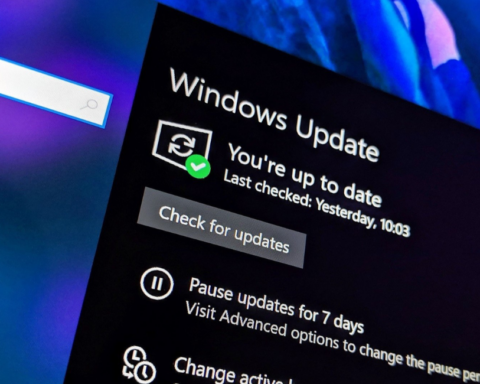The transition to the next-generation Internet protocol IPv6 is set to speed up this year as web addresses under the previous system IPv4 run out, a senior industry figure said at a meeting about the future of the web Thursday.
Internet protocol is the method by which data is routed by computers on the web. It is necessary for devices to connect online. But the huge increase in Internet users and devices worldwide is putting a strain on the current system.
Paul Wilson, director general of the Asia Pacific Network Information Centre (APNIC), the region’s Internet registry, said addresses on IPv4 worldwide are either exhausted or near exhaustion.
“The challenge is encouraging businesses and organisations to adopt IPv6, because their infrastructure is built around IPv4 and the two systems are not entirely compatible,” he told AFP on the sidelines of a meeting of the Internet Corporation for Assigned Names and Numbers (ICANN) in Singapore.
IPv6, which came into effect in June 2012, allows for trillions of “IP” numbers or addresses, while IPv4 has room for only 4.3 billion, which is not enough as the Internet continues to grow exponentially.
Wilson said the transition to IPv6, which is more efficient and more secure than its predecessor, was among the topics discussed at the four-day Singapore meeting that ended Thursday.
About ten percent of all global Internet traffic to Google, Facebook, and Yahoo! will use IPv6 by the end of this year, up from 3.0 percent currently, the Internet Society, an advisory panel, said on its website.
“This year is the convergence point where IPv6 starts to become a real thing,” said Wilson, urging users to switch to the new protocol.
Each computer, tablet, mobile device and any other electronic gadget has a unique IP address to connect to the web.
But with seven billion people on the planet owning multiple devices, the IPv4 protocol restricts everyone from having a gadget with its own online address.
The situation has been equated to not having enough telephone numbers for every user, and if there are not enough Internet addresses, neighbours will have to start sharing which can slow things down.
IPv6 can allow “trillions and trillions of addreses, enough in theory to last indefinitely, as big as the Internet can possibly get,” Wilson said.
“It might be a fair call to say that the transition is real and businesses need to start seriously considering their strategy,” he said.






